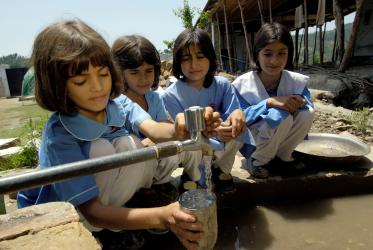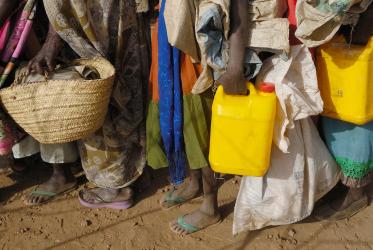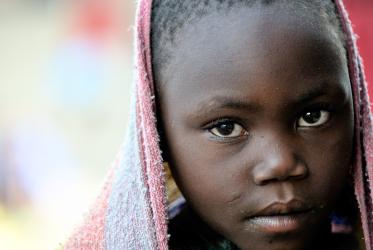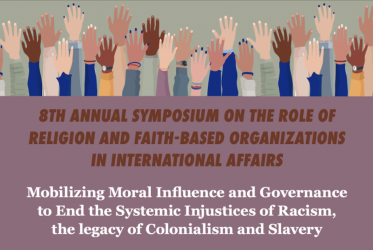Displaying 1 - 20 of 48
"Mental health is a universal human right" - 13th Global Ecumenical Health Network Meeting
11 October 2023
Online
Webinar: Resiliency of Rural Indigenous Nigerian Girls & Women: Surviving Kidnapping & Gender-Based Violence
27 April 2023
Hybrid- Online & in New York City
“Faith Community is a Blue Community” - WCC official side event at the UN Water Conference
22 March 2023
UN Church Center, 777 United Nations Plaza, New York and online via Zoom
Faith communities in the HIV & AIDS response today
01 December 2022
2022 Social Forum: Water for human rights and sustainable development
03 - 04 November 2022
Palais des Nations in Geneva, Switzerland
WCC Webinar: “Community, Church, State and the economics of enslavement: views from across the Atlantic”
25 March 2022
Online - https://us02web.zoom.us/webinar/register/WN_STpdXM7cRhqU5pS2pIVpkQ
WCC webcast - Launch of new campaign guide for churches concerned about autonomous weapons systems
03 December 2021
https://www.oikoumene.org/live
Missing and Murdered: Addressing Femicide and Sexual and Gender-based Violence in our Global Context
25 November - 02 December 2021
















